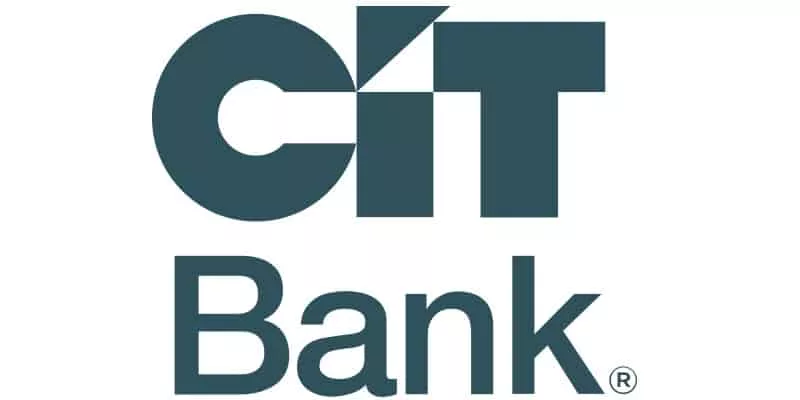Ever wondered about the difference between a money market account and a savings account? If so, we've got answers.
In the financial world, two popular options often pop up when you want to save money: the money market account and the savings account. But how do they differ?
Money Market Account vs Savings Account
A savings account, as the name suggests, is a place where you can store your money with the intent of saving. It's like a piggy bank, but in a bank. It offers a safe place for your money with the added benefit of earning interest over time. Online savings accounts typically earn higher interest than traditional savings accounts at brick-and-mortar banks.
A money market account, on the other hand, is a type of savings account, but with a twist. The best money market accounts typically offers higher interest rates than a regular savings account and includes features of both savings and checking accounts. You can write checks and use a debit card, features not often found with traditional savings accounts.
Similarities in money market and savings accounts
Both money market accounts and savings accounts are considered safe places to store money.
- They are insured up to $250,000 by the Federal Deposit Insurance Corporation or the National Credit Union Administration, so even if your bank or credit union fails, your money is safe.
- Both types of accounts pay interest, though the rate can vary significantly.
- Rates are typically higher for money market accounts, but this isn't always the case when compared to a high-yield savings account.
Differences in money market and savings accounts
One key difference is the access to your funds.
- With a savings account, access is limited. You can withdraw money, but you can't write checks or use a debit card.
- On the other hand, a money market account offers more accessibility. You can write checks, use a debit card, and in some cases, even set up electronic transfers.
- Money market accounts often require higher minimum balances to avoid fees. If you're not able to maintain a certain balance, you may be better off with a savings account which usually has lower minimum balance requirements. There are few more important money market facts that can help distinguish them from savings accounts because how money market accounts work is slightly different.
Which one is right for you?
If you're looking for easy access to your money with the potential for higher interest rates, then a money market account could be a good fit.
- Suitable for short-term goals: Money market accounts are generally suitable for short-term savings goals, such as saving for a down payment on a car loan or building an emergency fund. They offer relatively easy access to your money while potentially earning a higher return compared to a traditional savings account.
But, if you're looking for a simple, low-risk place to store your money and save, a savings account may be the way to go.
- Savings accounts: More suitable for long-term savings goals or emergency funds. They offer lower minimum balances compared to MMAs. This makes them ideal for setting aside smaller amounts of money over time with no restrictions or minimum balance requirements.
Both money market accounts and savings accounts offer safe, insured places to store your money. They both pay interest, but rates can vary. Deciding between the two ultimately comes down to your personal financial goals and circumstances.














